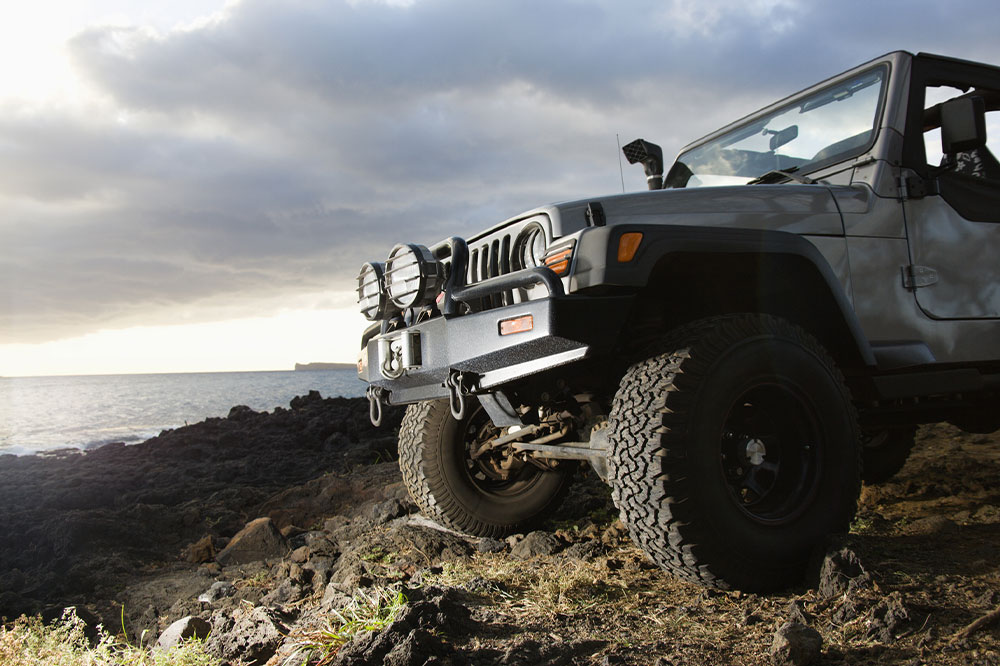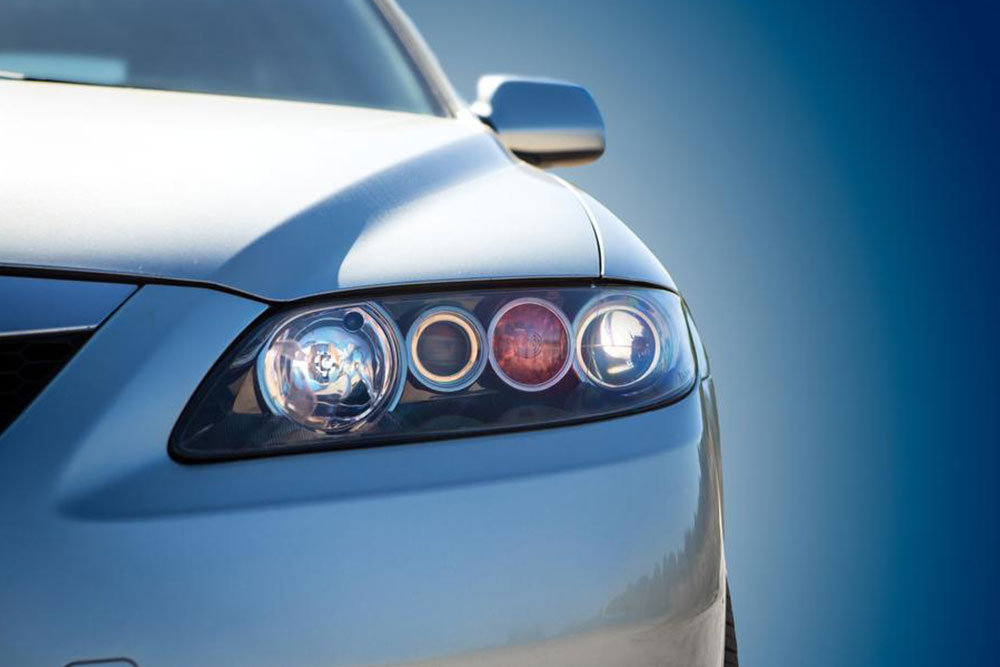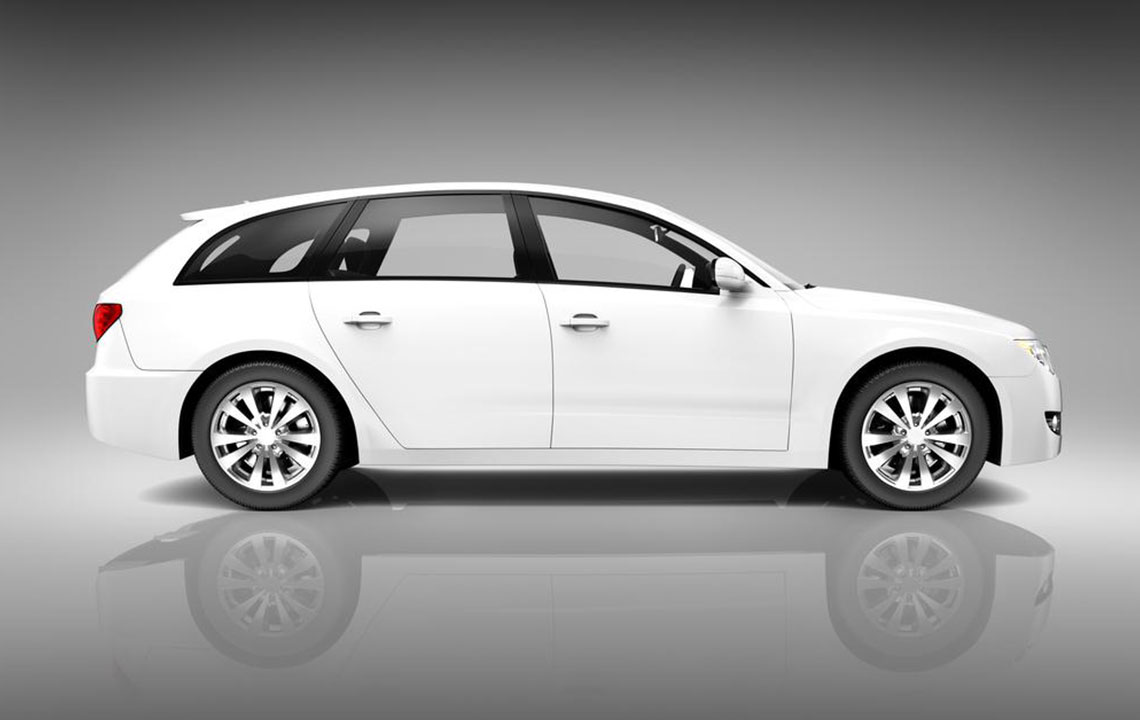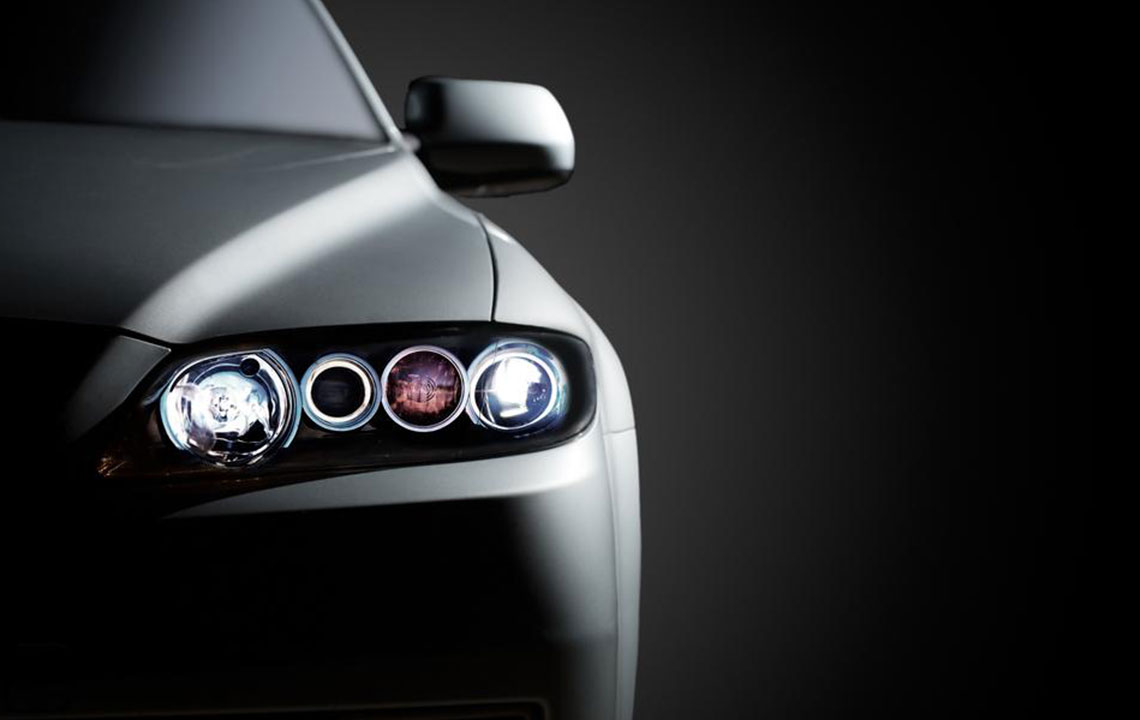Why Jeep Continues to Capture Hearts: Top 6 Reasons
Explore why Jeep remains a beloved automotive icon with over 80 years of legacy. From its military origins in World War II to modern hybrid models, Jeep excels in off-road performance, innovative features, and patriotic pride. Its resilient history, iconic models, and rugged capabilities continue to captivate enthusiasts worldwide, making it a leader in adventure-ready SUVs. Discover what makes Jeep a symbol of freedom, durability, and innovation in the automotive industry today.
Sponsored

Why Jeep Remains a Symbol of Adventure and Reliability
With over eight decades of legacy, Jeep stands as a legendary SUV brand rooted in exploration, independence, and enthusiasm. Its motto, “Go Anywhere. Do Anything,” perfectly encapsulates its spirit. For many enthusiasts, owning a Jeep signifies prestige and a love for adventure. Here’s what sets this iconic brand apart:
From a reputable automaker
Jeep is under Stellantis, a global vehicle manufacturer renowned for innovation, diversity, and sustainability. Stellantis also owns brands like Fiat, Opel, and Chrysler.
The company is recognized not just for its reliability but also for its leadership in creating sustainable mobility solutions, community programs, and electrification efforts.
Historical contributions during World War II
Originating in the 1940s, Jeep's first models played a crucial role in transporting Allied troops worldwide, distinguished by their rugged 4x4 technology. The initial military Jeep, developed by Willys-Overland, was a compact, versatile vehicle with an iconic grille. The 1945 civilian version, CJ-2A, followed, establishing Jeep's reputation for durability and capability.
Evolution through various owners
Throughout its history, Jeep has been owned by several companies, including Kaiser Motors, AMC, Chrysler, DaimlerChrysler, Fiat, and now Stellantis. Despite changing hands, Jeep's core values—performance, engineering excellence, and adventurous spirit—have remained steadfast.
Iconic Jeep Models
Each decade has seen the release of legendary Jeep vehicles that set industry standards. Notable examples include:
Wagoneer (1960s): Known for luxury and innovation.
Cherokee (SJ, 1970s): Award-winning 4x4 success.
Cherokee XJ (1980s): The groundbreaking four-door compact SUV.
Grand Cherokee (1993): Industry benchmark with impressive off-road and on-road performance.
Wrangler TJ (1997) & WJ (1999): Enhanced agility and power.
Recent Introductions: The 2016 Grand Cherokee, Renegade, and Compass, along with the re-introduction of the Gladiator in 2019, and the hybrid models like Wrangler 4xe and Grand Cherokee 4xe slated for future release.
Powerful vehicles like the Wagoneer and Grand Wagoneer, with upgraded features, continue to reinforce Jeep’s market dominance.
Patriotism and pride
Jeep has been voted the most patriotic brand for 19 consecutive years. Special editions like the Freedom Edition feature patriotic motifs, such as military stars and national flags on the hoods, fueling pride among owners.
Key Features of Jeep Vehicles
Jeep models are renowned for the following premium attributes:
“Trail Rated” Certification: Vehicles undergo rigorous testing in traction, water fording, maneuverability, suspension articulation, and ground clearance to ensure top off-road performance.
Advanced 4x4 Systems: Jeep’s 4x4 capabilities are built to conquer mud, snow, rocks, and sand, featuring components like disconnectable sway bars, skid plates, and durable axles for extreme terrain handling.






